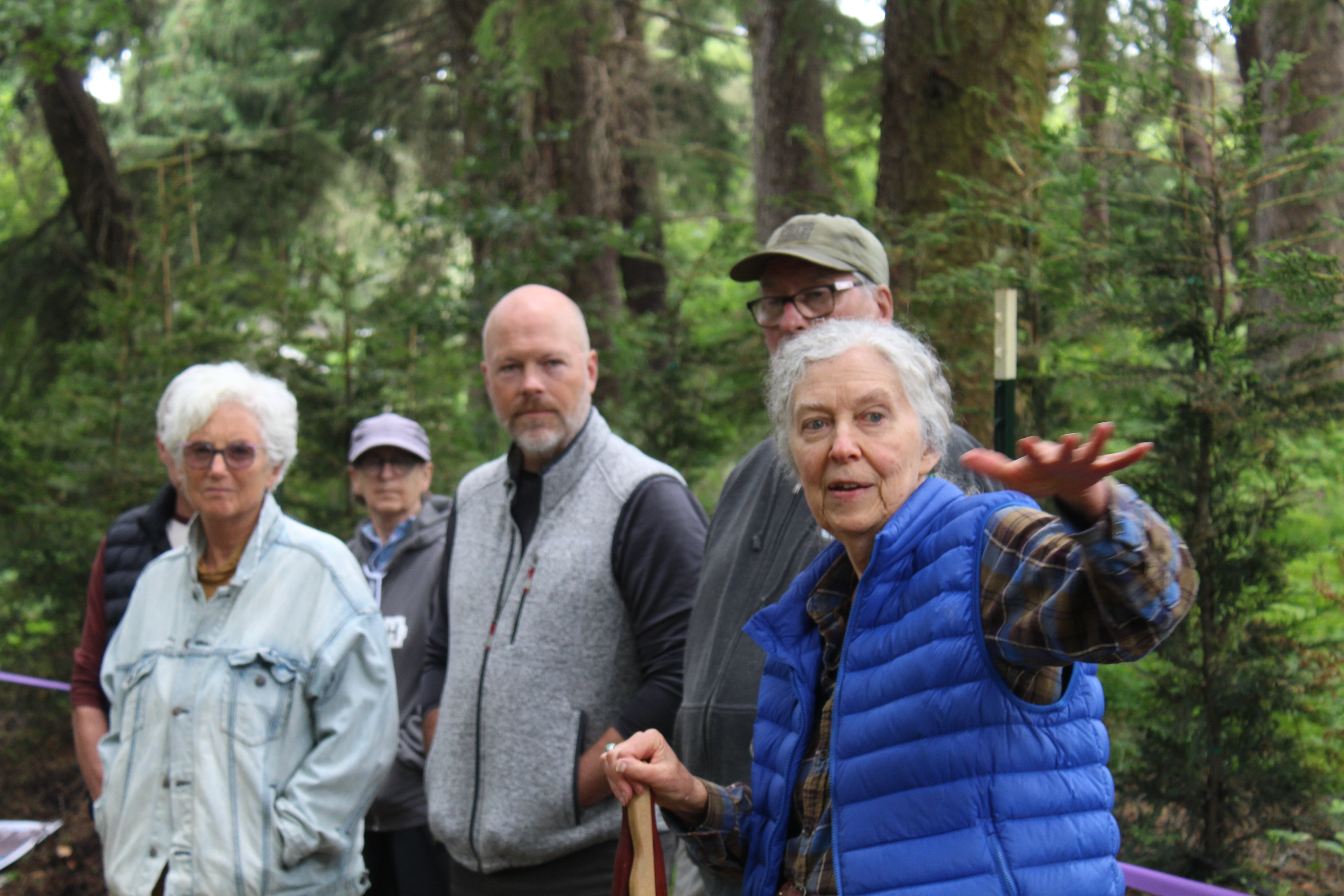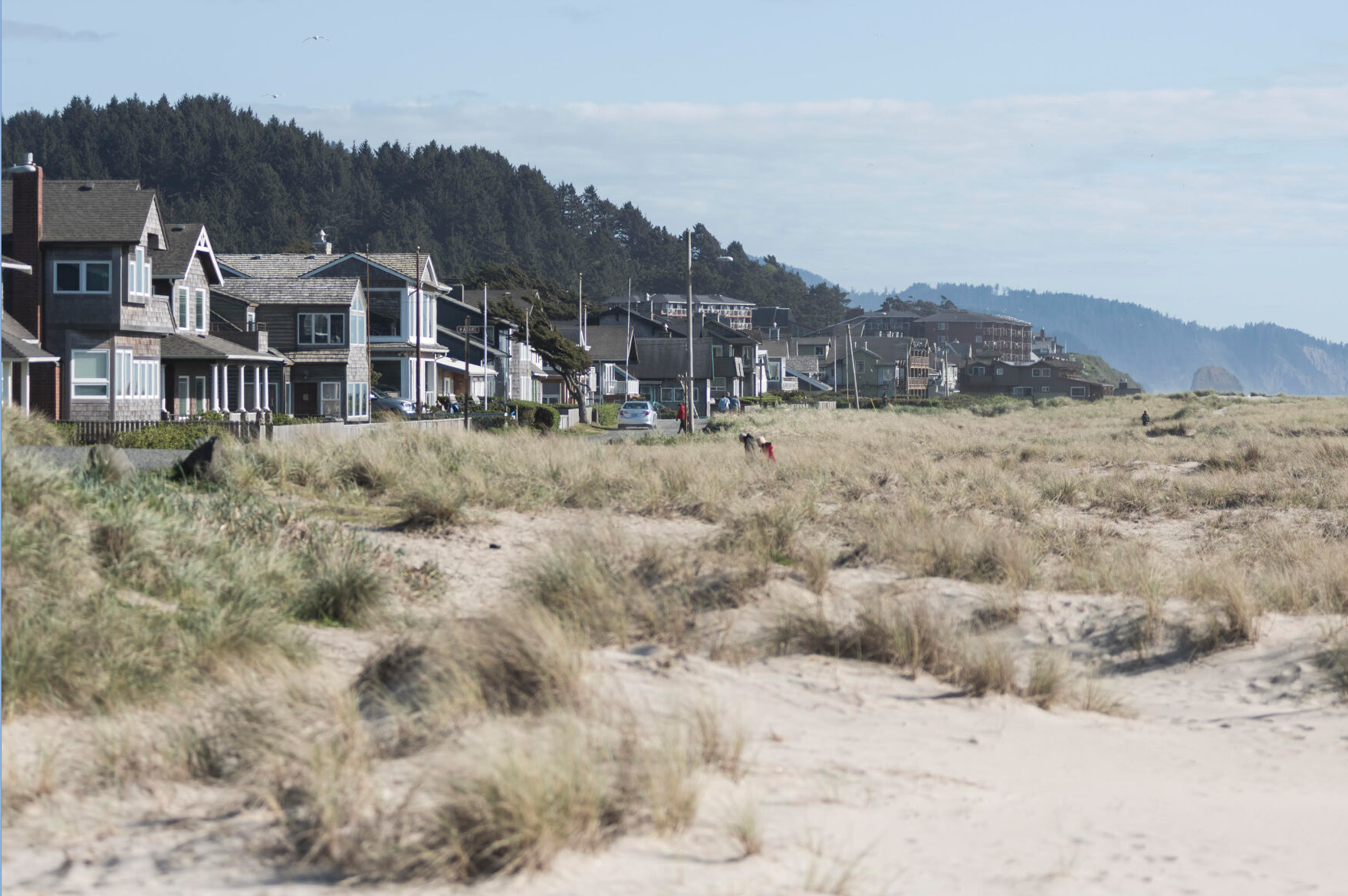Behind the News: ‘We’ve worked very hard to keep 24-hour coverage despite costs’
Published 12:30 am Saturday, October 28, 2023

- Henry Balensifer is the mayor of Warrenton.
Taxpayers in Warrenton are being asked in the November election to pay a little more to preserve police operations.
Trending
Measure 4-225 would increase a five-year levy from 28 cents to 34 cents per $1,000 of assessed property value. The new tax rate would cost an estimated $85 a year on a home valued at $250,000.
The levy, which would take effect in July, is expected to bring in more than $1.5 million over five years.
According to the Clatsop County Voters’ Pamphlet, the police department is made up of the police chief, a sergeant, 10 police officers, a property-evidence clerk and a court clerk.
Trending
The city has cautioned that the police department could lose two full-time positions if the ballot measure fails.
“We’ve worked very hard to keep 24-hour coverage despite costs,” Mayor Henry Balensifer said.
Balensifer, who was elected to the City Commission in 2012, was appointed mayor in 2017. He was elected in 2018 and reelected in 2022. He was recently chosen president-elect of the Oregon Mayors Association and will take on the role as president in 2025.
In an interview, Balensifer talked about the factors behind the ballot measure, the challenge of recruiting and retaining public workers and what qualities he believes make a good police officer.
Q: Voters in Warrenton will be asked in November to approve an increase in the levy that helps finance police operations. What are some of the factors driving the financial pressures on the police department?
A: There’s additional training requirements that have happened. As you know, the scrutiny that occurred back in 2020 and moving forward, additional training requirements have been placed on police.
You’ve also got inflation. The police are their own separate bargaining unit. It costs money to train, to equip — all that stuff has cost more because of inflation. In addition to the fact that we also have had, as you know, a long-term issue with retention.
And that’s across the board. I mean, we’re losing our planning director here recently.
In order to try to retain and be a good place to work, we also have to maintain competitive wages, and that’s part of this request, as well, is to ensure that we have sufficient funds that we don’t have to cut anybody and yet meet the needs of the workplace, so to speak.
Q: What would happen if the ballot measure fails?
A: That will mean that we’ll have to look at what positions we’re going to have to potentially eliminate, because the levy basically pays for two FTEs (full-time equivalents) in the police department.
I’ll just note that the ballot measure states two police officers — this levy is more or less for two FTEs in the police department. And I don’t want to put this all on the police officers themselves. We have evidence techs. We have a court clerk.
The requirements for evidence have gone up. This will help to make sure that we take that person and be able to ensure cases are disposed of the way that they’re supposed to be.
Q: Warrenton voters have an anti-tax streak. A proposed increase to the levy that funds the library failed last year before being brought back in May as an extension at the existing tax rate. Are you worried that voters might reject the police levy?
A: I think the issue that happened with the library had to do with people didn’t realize up front that if they didn’t approve that levy, the whole thing went away.
I think, in this case, that has been made much more clear in the ballot. It says that basically we’re going to have to eliminate two FTEs if you do not vote for this, so that jeopardizes 24-hour coverage with our police department.
Q: Many cities have had challenges recruiting new police officers over the past few years. The murder of George Floyd by Minneapolis police and the protests that followed in 2020 put police departments under even greater scrutiny. What is the recruitment environment like today?
A: It’s very challenging.
I think people don’t realize that police officers aren’t just hired off the street. There’s psych evals — you have to actually go through a psychological profile. You have to be cleared. The academies are also really tough to get into. It can take a long time to get into the academy. So even if you do hire somebody, it can take a long time before they’re actually available to be used on their own.
I wouldn’t say it’s specific to police, though. It’s specific to the whole workforce environment. It’s hard to get accounting clerks, you know.
You mentioned specific examples. And I will just put it back there that, while yes, there had been an effort back in the time to defund police and there were some other issues. I would say for Warrenton’s position, most of it had to do with just the general lack of available workforce.
Q: As mayor, you and the City Commission oversee the city manager, who supervises the police chief. So you are a step removed from day-to-day management of the police department. In your mind, though, what qualities make a good police officer?
A: Community-mindedness.
One of the things that we do ensure that our officers have is the discretion to make cases — related to whether to ticket or to inform and educate. And that’s been something that’s been kind of a hallmark of Warrenton for some time.
I also think that good officers have a keen eye for engaging with issues in the community before they become a larger issue, so to speak. Trying to be proactive instead of reactive.
I think you’ll find that under Chief (Mathew) Workman that the police department has had a greater community engagement — and also under Sgt. (Jim) Pierce — a greater community engagement than we’ve had before we had a sergeant and also before Chief Workman.
City police usually have a different mindset than sheriffs, which have a very different mindset than state police. It’s just that more local focus.









